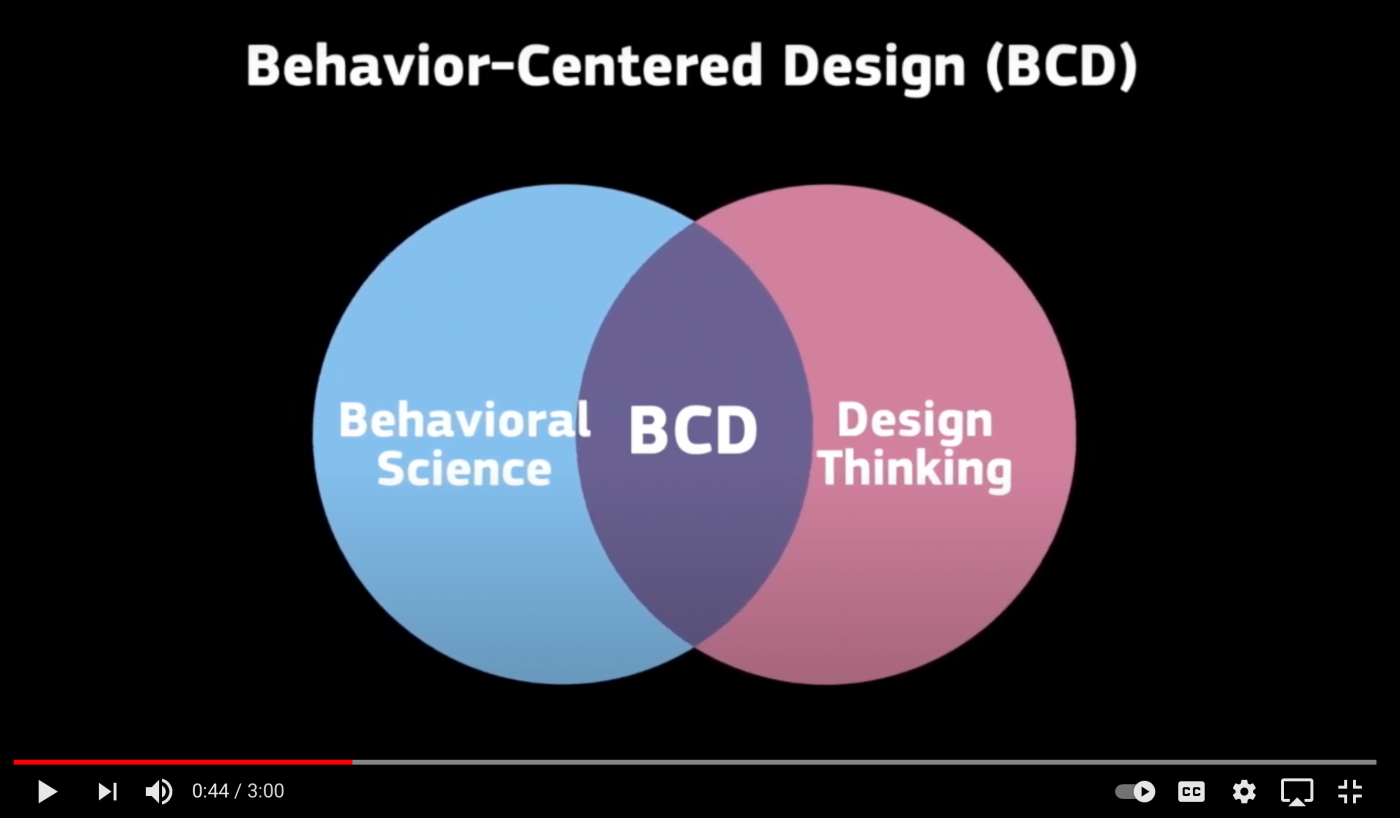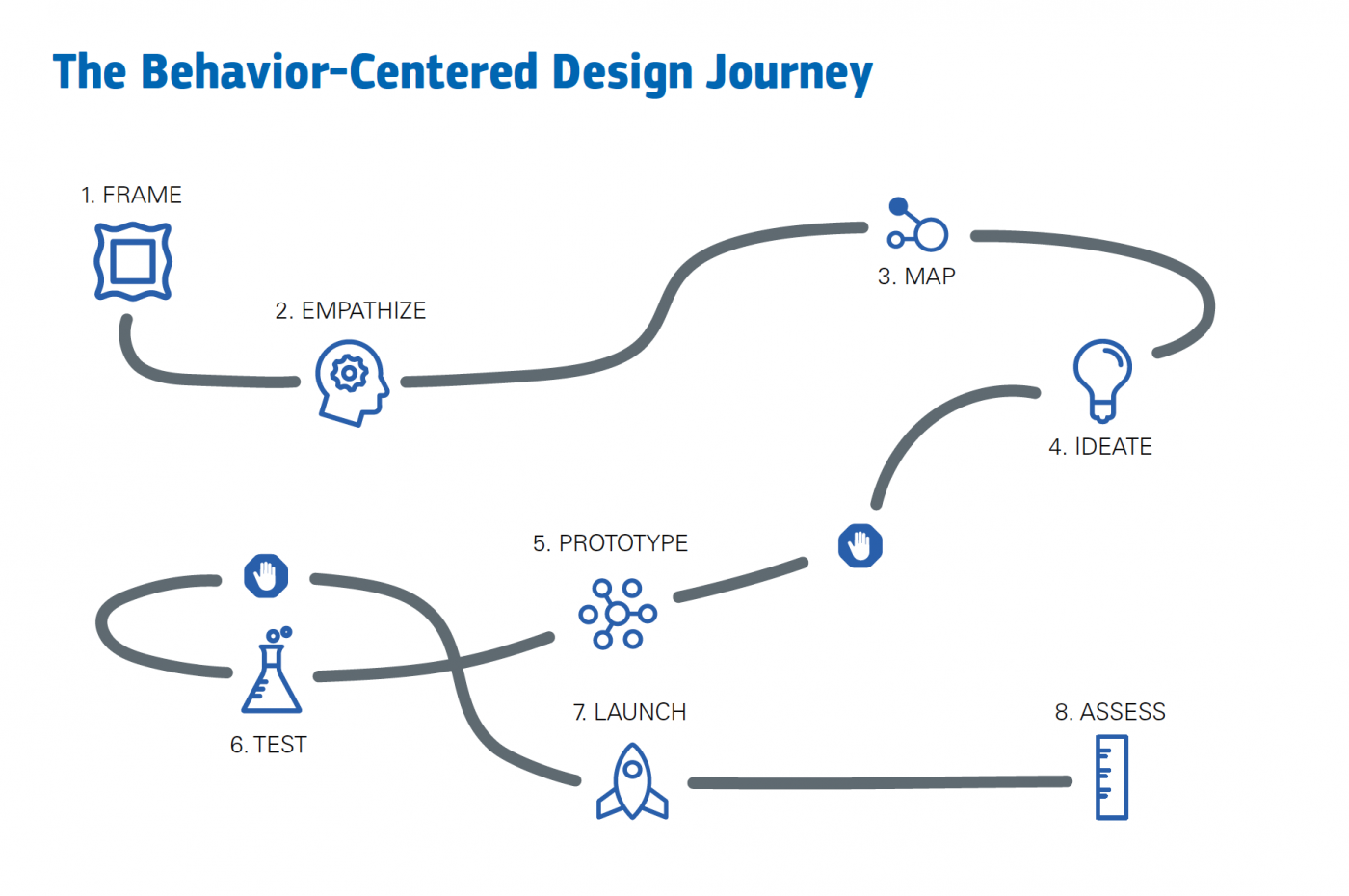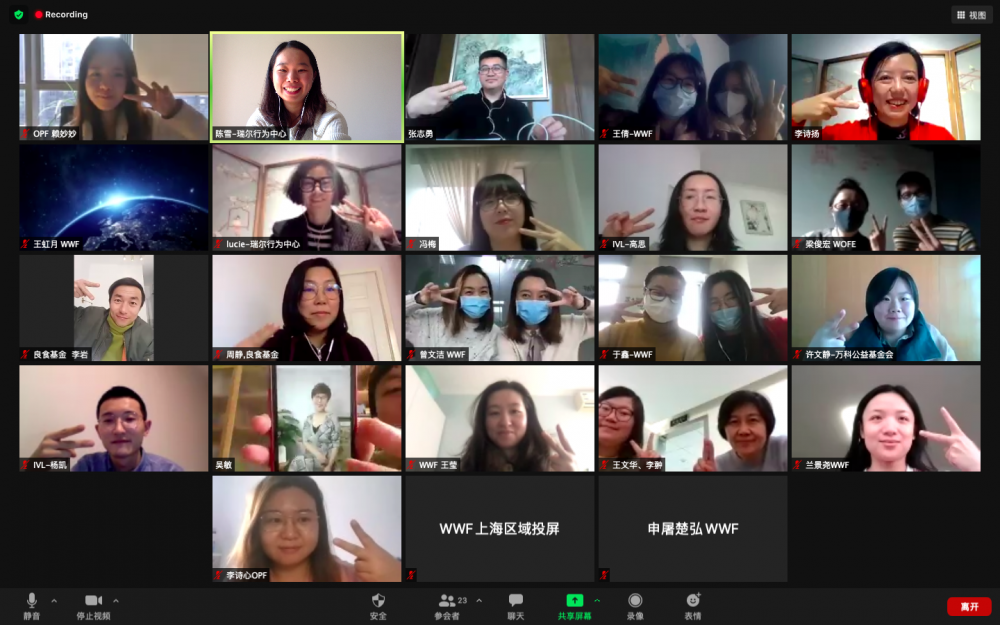
On 14th – 15th January 2021, the Rare China Center for Behavior, represented by Wuhan Hezhong Agriculture Development Co. (WHAD) and Rare Germany, successfully co-hosted their first intervention. The One Planet Foundation (OPF) and WWF Beijing representative office provided strong support to this event. Prepared over several months, the workshop was part of the EU SWITCH-Asia Pride On Our Plates project, which aims to leverage the latest insights from social and behavioral sciences to empower micro, small, and medium-sized enterprises (MSME) to tackle the challenge of food waste in China. Due to COVID-19, the session took place virtually.
The event marked a milestone of the project and introduced key stakeholders to the principles of Behaviour-Centred Design (BCD) in the context of food waste. This is an approach that blends insights from behavioral science and approaches from design thinking to build breakthrough solutions to environmental challenges.
What is Behaviour-Centred Design? WATCH the Video

In total, 22 participants attended the event, including representatives from the Delegation of the European Union to China, the One Planet Foundation (OPF) and WWF Beijing representative office and Shanghai office, the China Chain-Store & Franchise Association (CCFA), the IVL Swedish Environmental Research Institute, the Hangzhou Food Talk, the Good Food Fund, the Mama’s Kitchen and the Vanke Foundation.
During the workshop, Rare China Center for Behavior demonstrated the BCD process through mini case studies on promoting and serving chopsticks among Chinese consumers. Participants were introduced to the six behavior levers that will be used throughout the project. In addition, WWF Beijing representatives shared their experience in developing food waste guides already applied in the United States. Through a variety of innovative and interactive virtual tools, participants carried out a stakeholder mapping of key actors who generally directly contribute to food waste in Chinese restaurants, and stakeholders that may have an impact on food waste reduction. Participants also identified key target behaviours associated to respective actors. As an essential part of this project, the workshop allowed attendees to learn, apply and test approaches to be able to develop effective behavioral solutions when tackling the challenges of food waste in China.
Ready to start?

-
Check out this short Guide, it will help you apply behavioral science, create innovative solutions, and lead interventions to reach your goals.



